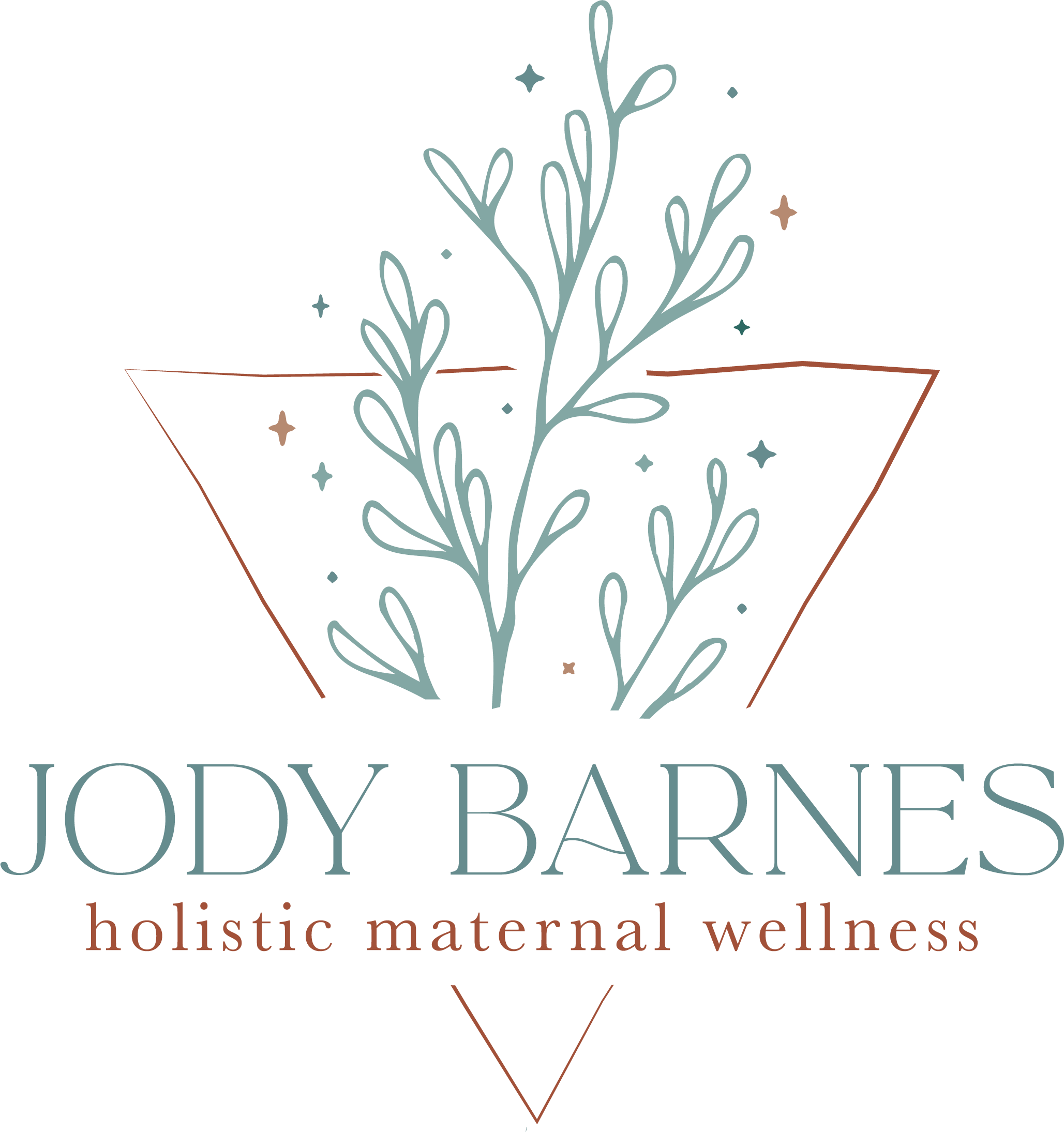"Yoga really attends to the body and the breath attends to stillness, It allows you to feel everything you feel, to tolerate every sensation, and to live and move with it."
VAN DER KOLK
Trauma-Informed Yoga
Trauma-Informed Yoga is a personal exploratory practice that seeks to empower you with choices and movement. You do not need to worry about hands-on physical assist or 'doing' it the wrong way. I provide a supportive and non-judgment environment. When you engage in yoga either in a private session or in a group session with me, the emphasis is on you cultivating a deeper connection to your body and the sensations of your body. Sessions are curated to allow for you to feel safer in your body again. Trauma can leave the body feeling deregulated, unsafe and disconnected. The practice of trauma-informed yoga is to reacquaint you with yourself at your own discretion, move by move and breath by breath. The practice of yoga is designed to reconnect you to your divine nature.
Trauma is not just a narrative of the past. The impact of trauma lives in the body. Bessel van der Kolk, MD simplifies the process by asserting "It's great to be able to put your feelings into words and feeling that somebody understands your suffering is enormously comforting. But it doesn't make your body know that you are safe. the real method is resetting your physiology." A 3 year NIH funded study found that participants who participated in trauma-informed yoga reported a reduction in symptoms associated with PTSD. This gentle practice, done on your own terms builds a tolerance for feelings, soothes hypervigilance and reduces the need to dissociate or numbing out. The combination of asanas (poses), Pranayama (breathwork), mudras (hand gestures), guided meditation and mindfulness has the ability to alter the nervous system and restore well-being.
Before we begin, I will send you my intake paperwork to complete which does include an assessment of your current physical and emotional well-being. The assessment is important because it allows me to create a practice which addresses some of the most difficult symptoms you may be experiencing, such as anxiety, depression, dissociation or physical ailments. Got questions? I'm here to support you.

